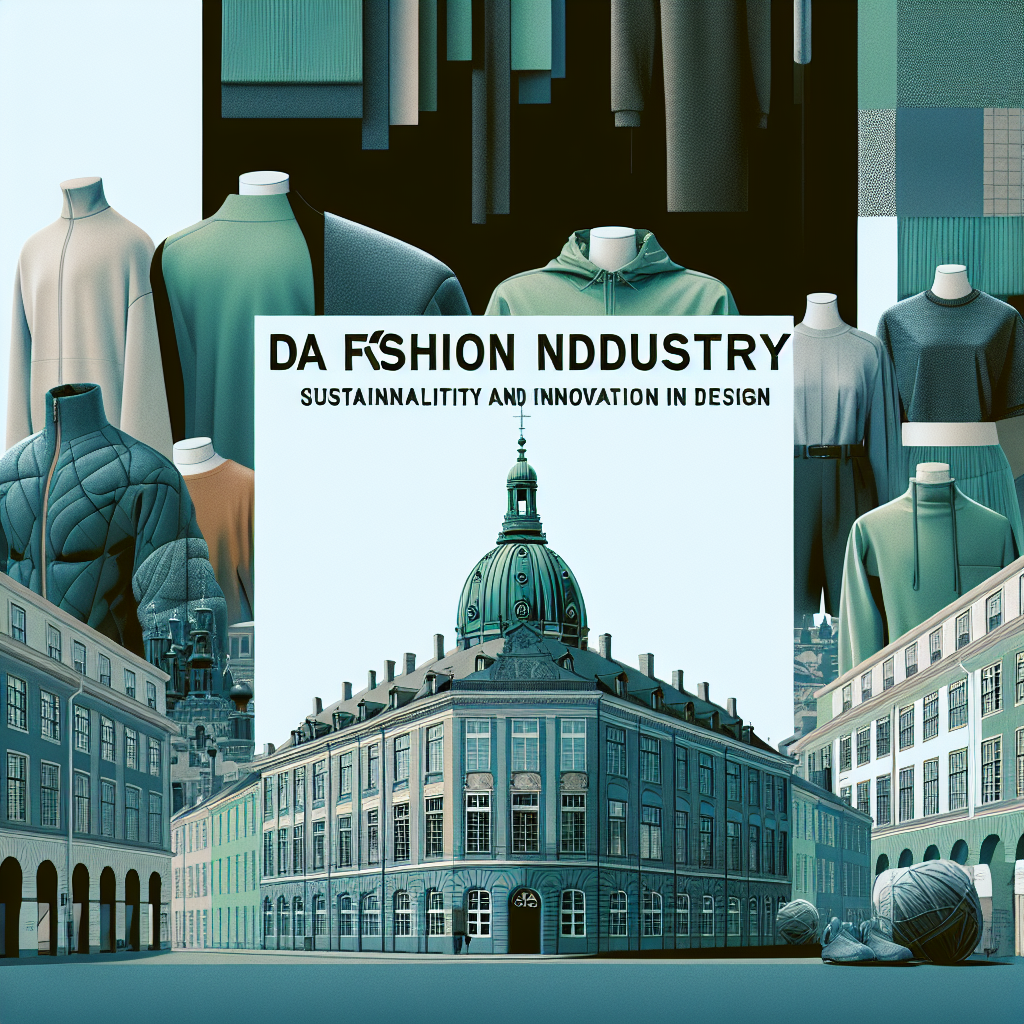The Resilient Danish Fashion Industry
As a macroeconomist specializing in the Nordic countries, I have had the opportunity to delve into the intricacies of the Danish economy. One particular sector that has piqued my interest is the Danish fashion industry. With its unique blend of sustainability, innovation, and design, the Danish fashion industry has emerged as a key player in the global market.
The Economic Landscape
Denmark, with its strong focus on sustainability and quality, has shaped its fashion industry to reflect these values. The country is home to a myriad of talented designers and brands that have garnered international acclaim. From the contemporary minimalism of brands like Ganni and Samsøe & Samsøe to the timeless elegance of Georg Jensen and By Malene Birger, Danish fashion has carved a niche for itself in the global market.
The fashion industry in Denmark is a significant contributor to the country’s economy, employing a substantial number of people and generating a sizeable revenue. The sector’s export-oriented approach has allowed Danish fashion to expand its reach beyond the country’s borders, contributing to Denmark’s positive balance of trade.
Sustainable Practices
One of the defining characteristics of the Danish fashion industry is its commitment to sustainability. With a strong emphasis on environmental consciousness and ethical production practices, Danish fashion brands have set themselves apart in an industry grappling with the challenges of sustainability.
For instance, brands like Ganni have made significant strides in incorporating sustainable materials into their collections, while By Malene Birger has implemented initiatives to reduce their environmental footprint. These efforts have not only resonated with environmentally conscious consumers but have also set a benchmark for other fashion industries globally.
The Impact of COVID-19
The COVID-19 pandemic brought about significant disruptions to the global economy, and the Danish fashion industry was no exception. With retail closures and supply chain disruptions, Danish fashion brands faced unprecedented challenges. However, the industry’s resilience and adaptability have been key in weathering the storm.
Danish fashion companies pivoted swiftly to e-commerce and digital platforms, reaching out to consumers who were confined to their homes. Additionally, the industry’s emphasis on sustainability and quality positioned it favorably in the eyes of consumers who became more conscious of their purchasing decisions amid the pandemic.
Government Support and Policies
The Danish government has played a crucial role in supporting the fashion industry, particularly during the challenging times brought about by the pandemic. Initiatives such as financial assistance, flexible labor market policies, and support for sustainable practices have helped sustain the industry and mitigate the impact of the crisis.
Furthermore, Denmark’s strong social welfare system and progressive economic policies have provided a stable foundation for the fashion industry to flourish. The country’s investment in education and innovation has nurtured a pool of talented designers and entrepreneurs, fostering a culture of creativity and ingenuity within the industry.
Looking Ahead
As the Danish fashion industry continues to navigate through the aftermath of the pandemic, it is poised to emerge stronger and more resilient. The industry’s unwavering commitment to sustainability, coupled with its innovative approach to design, has positioned it as a formidable force in the global fashion landscape.
With the gradual easing of restrictions and the resurgence of consumer confidence, the Danish fashion industry is expected to rebound and reclaim its position as a frontrunner in the global market. As a macroeconomist observing these developments, I am intrigued by the potential for growth and innovation within the Danish fashion industry, and I eagerly anticipate the contributions it will make to the country’s economy in the years to come.
In conclusion, the Danish fashion industry stands as a testament to the intersection of economic resilience, sustainability, and creative prowess. Its impact on Denmark’s economy, both domestically and internationally, underscores its significance as a key player in the global fashion arena. I remain optimistic about the industry’s future and look forward to witnessing the continued evolution of Danish fashion on the world stage.





